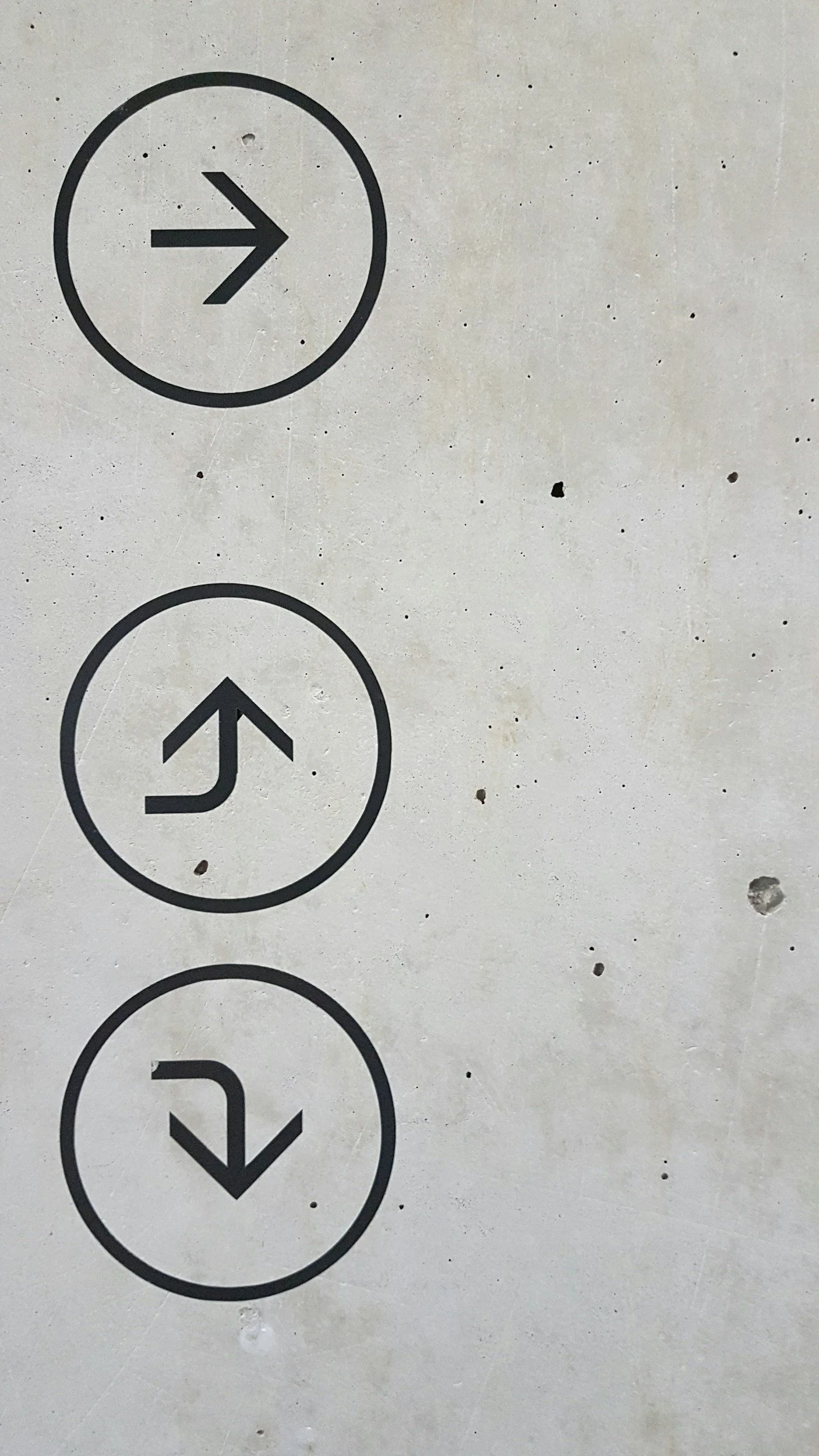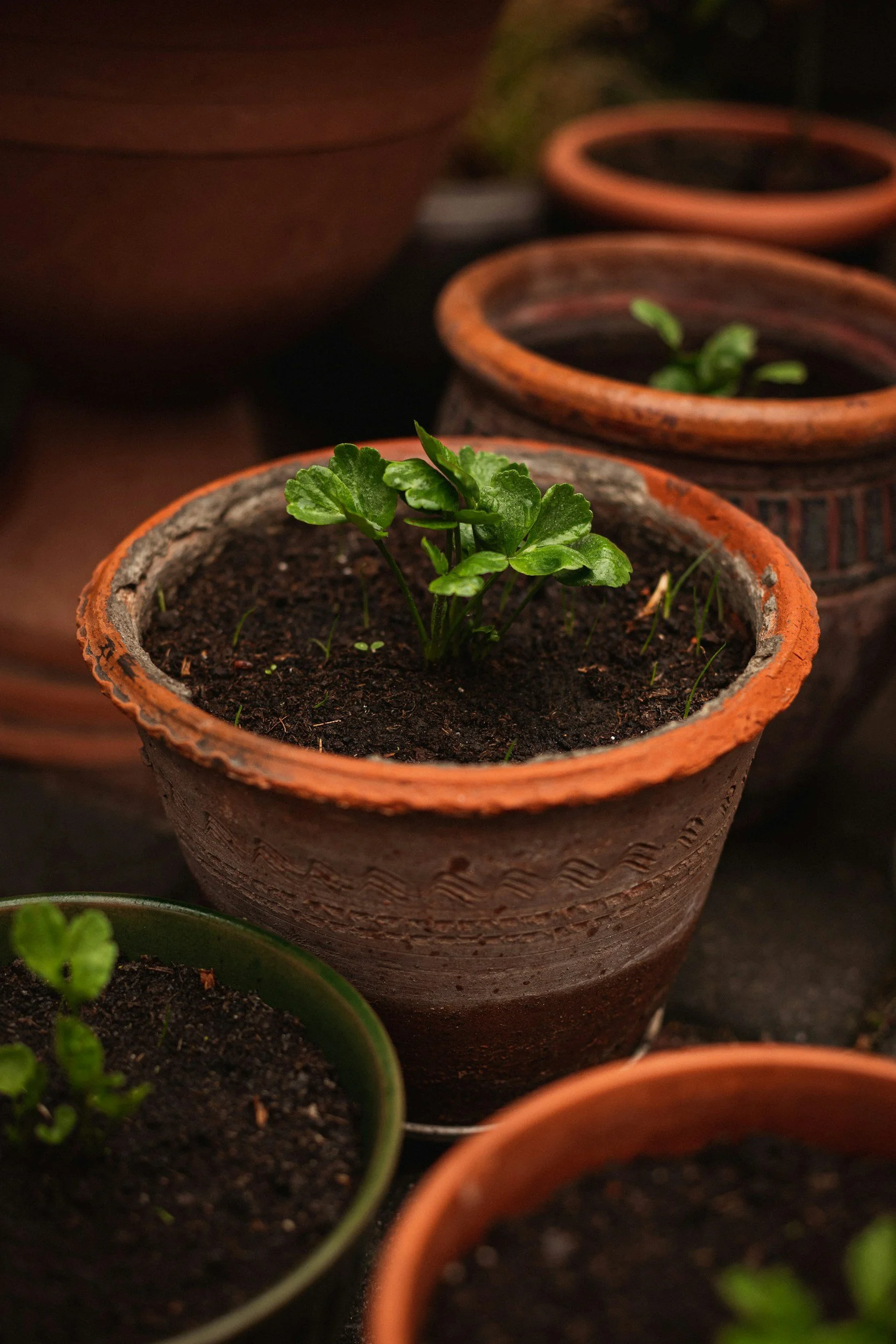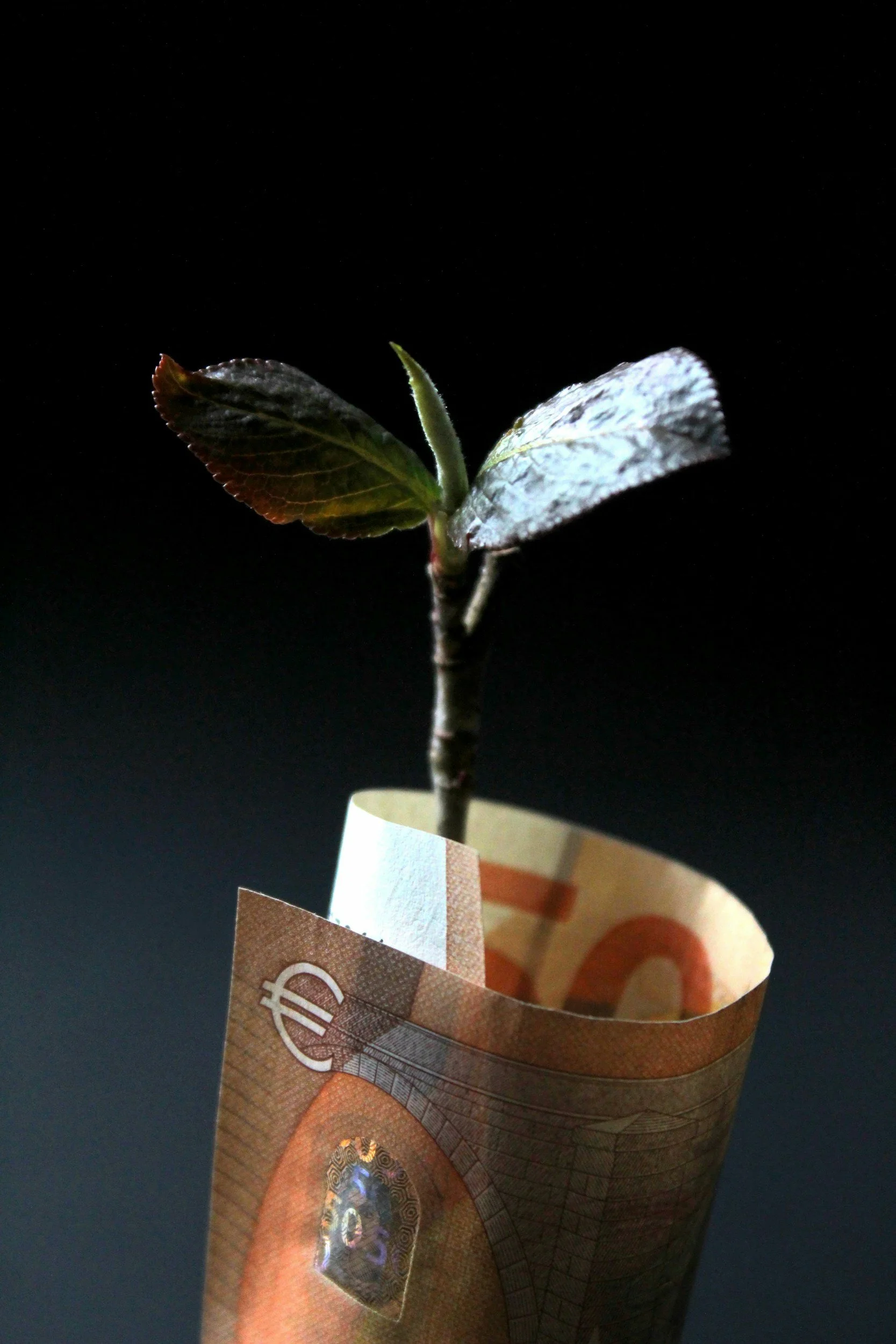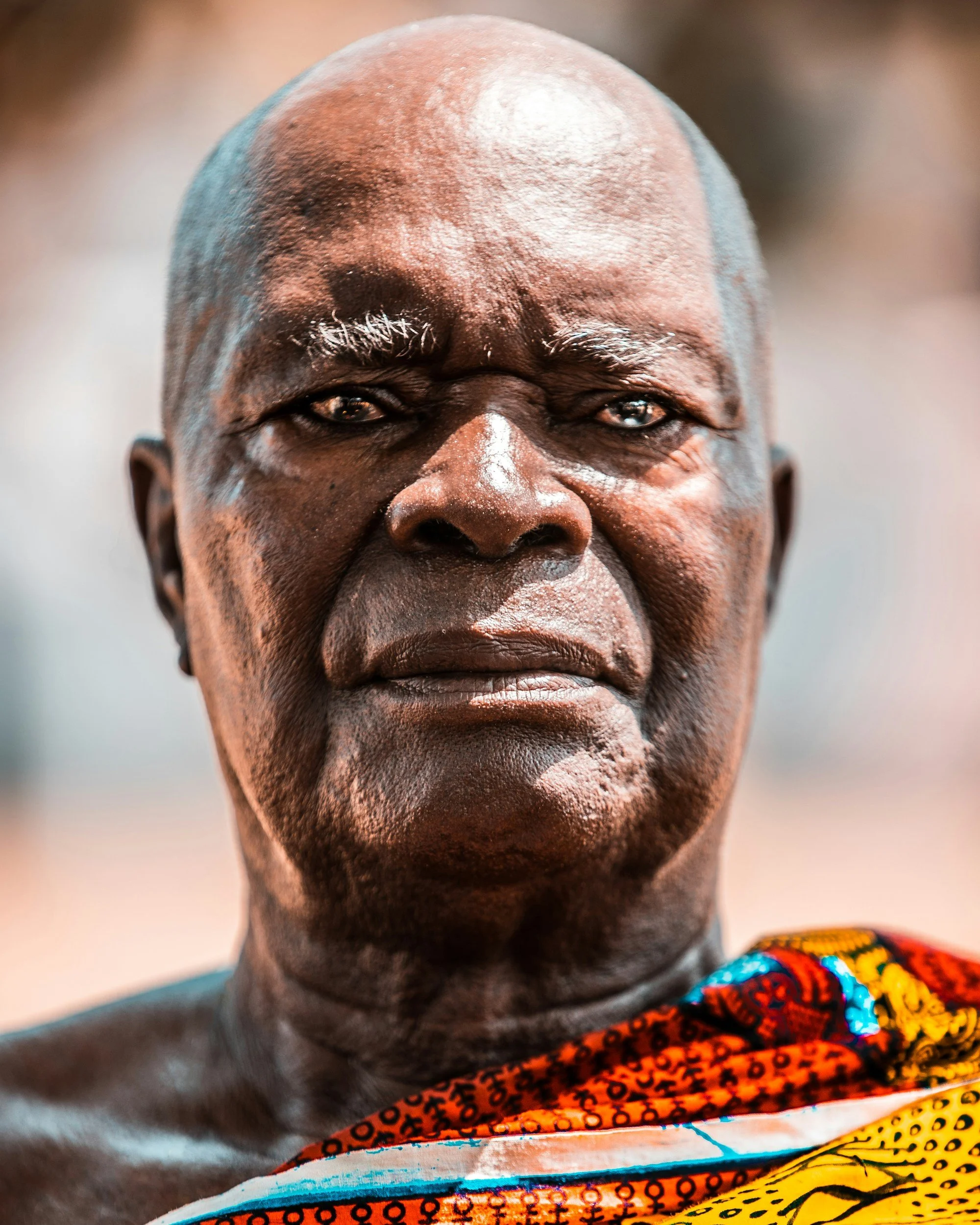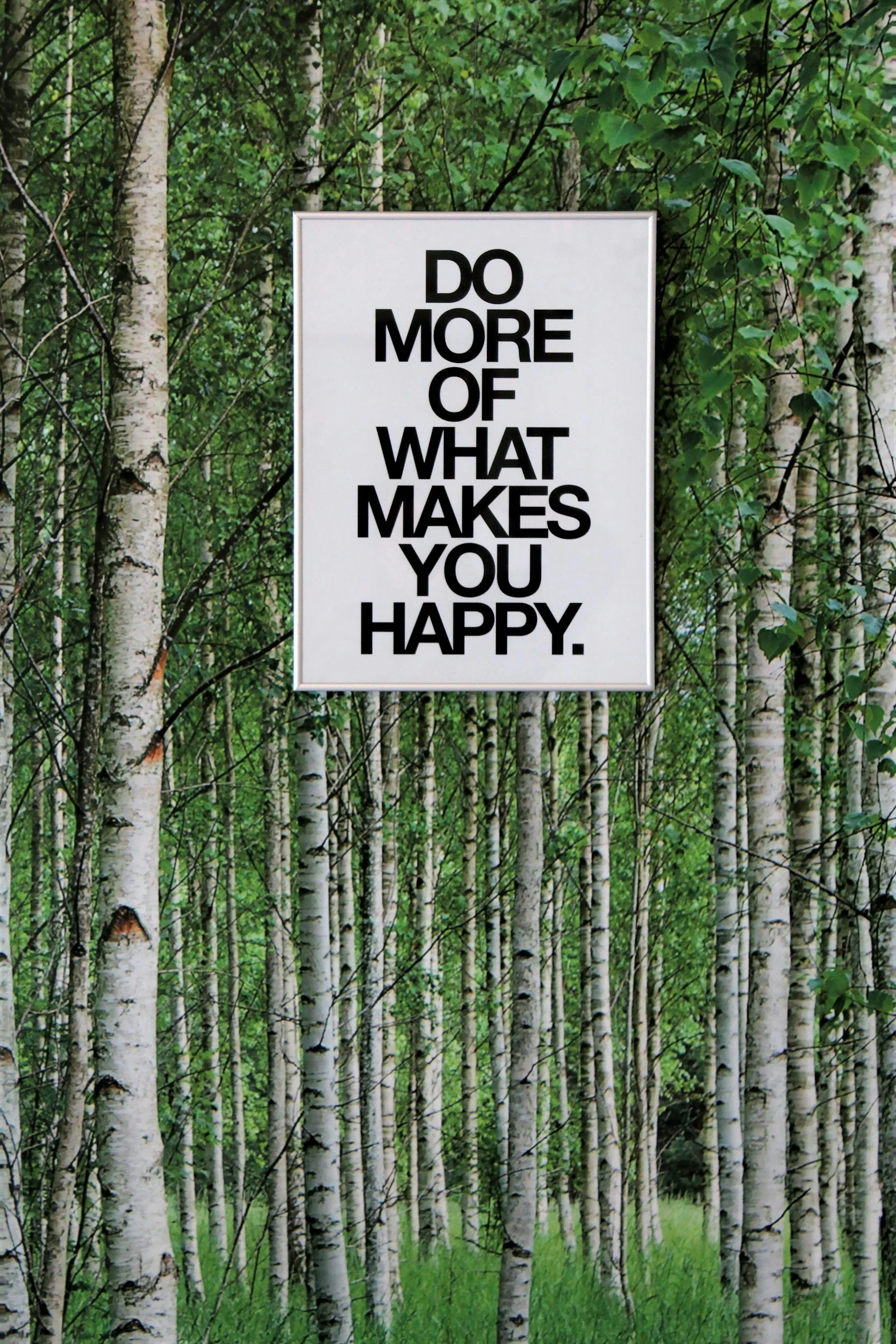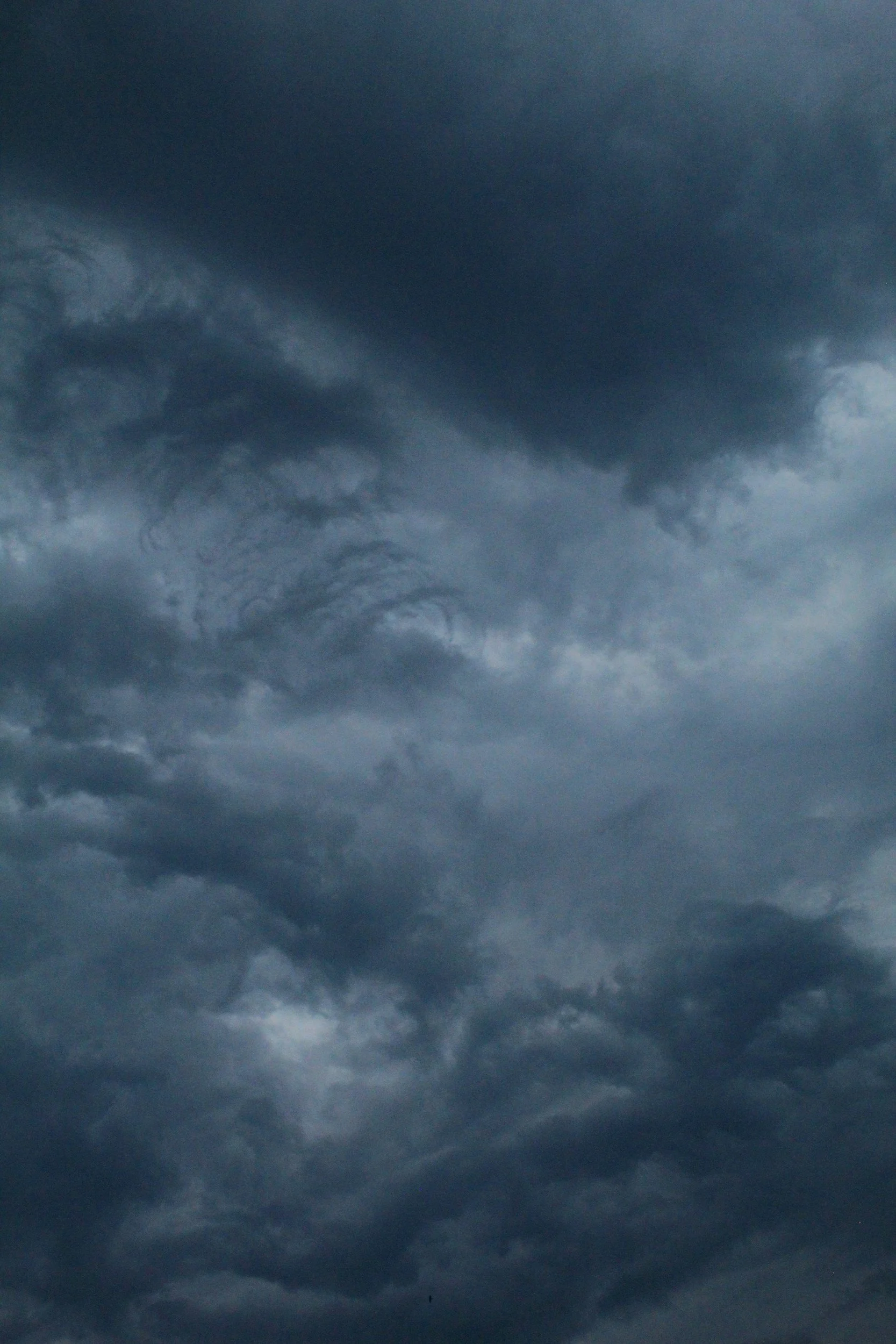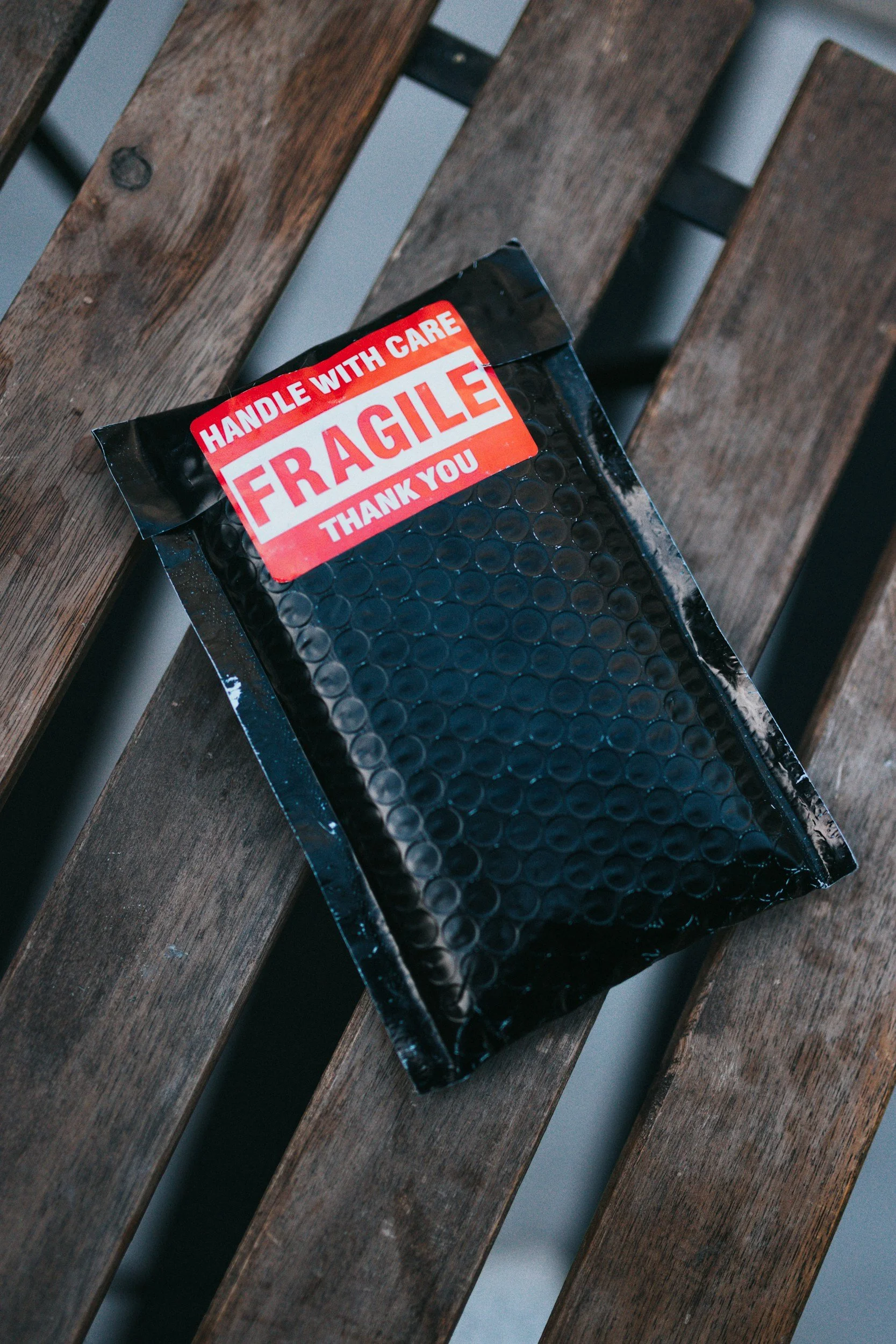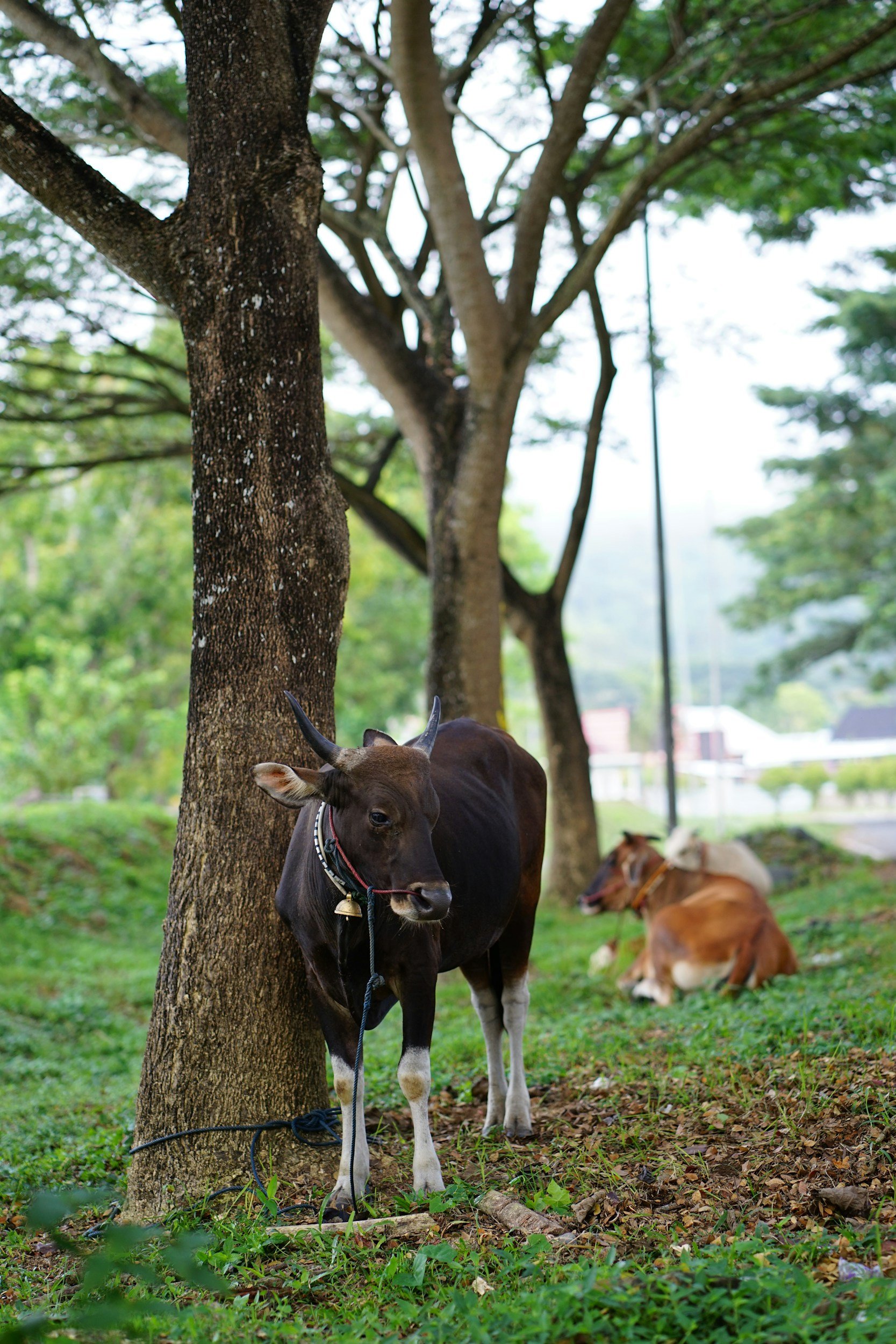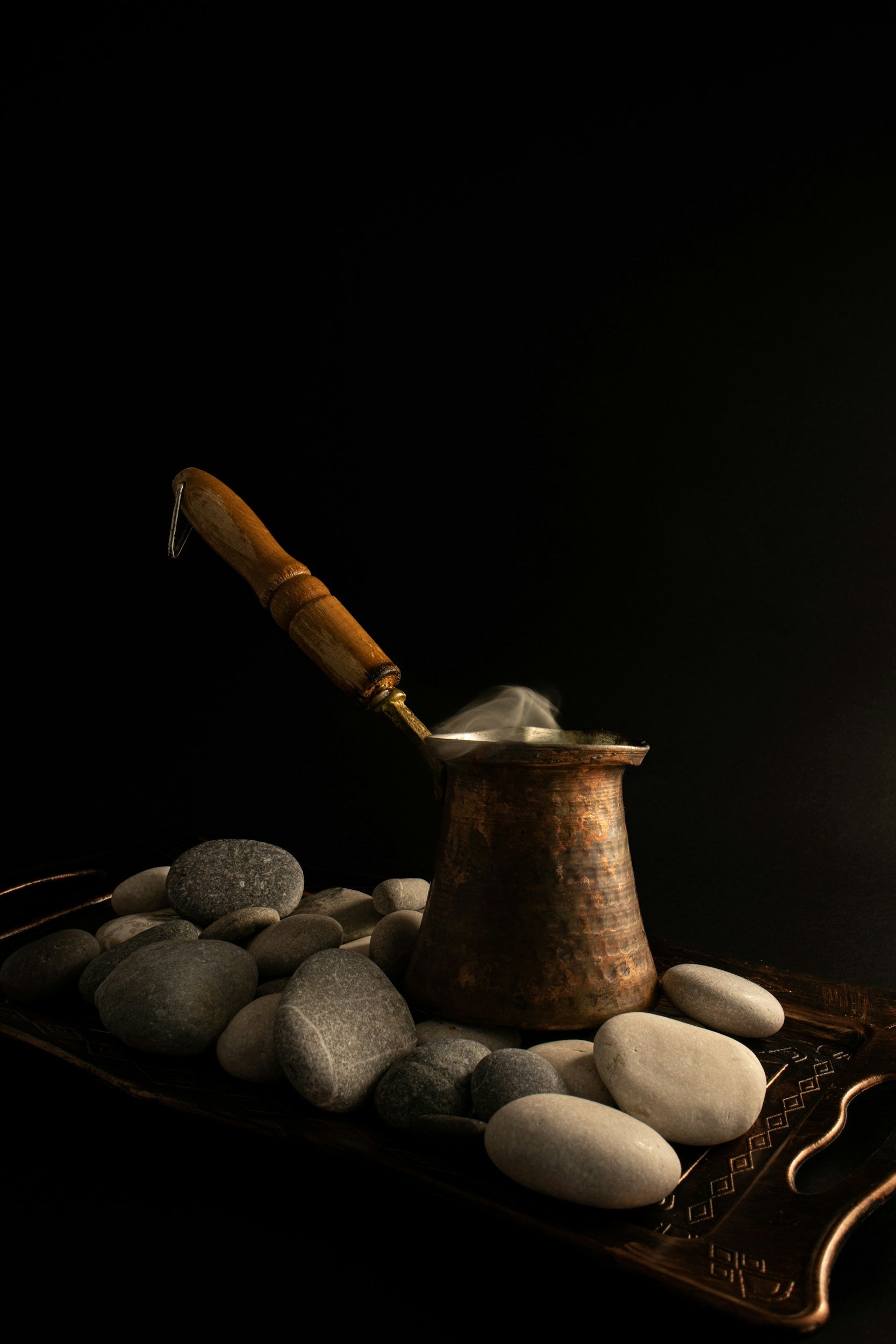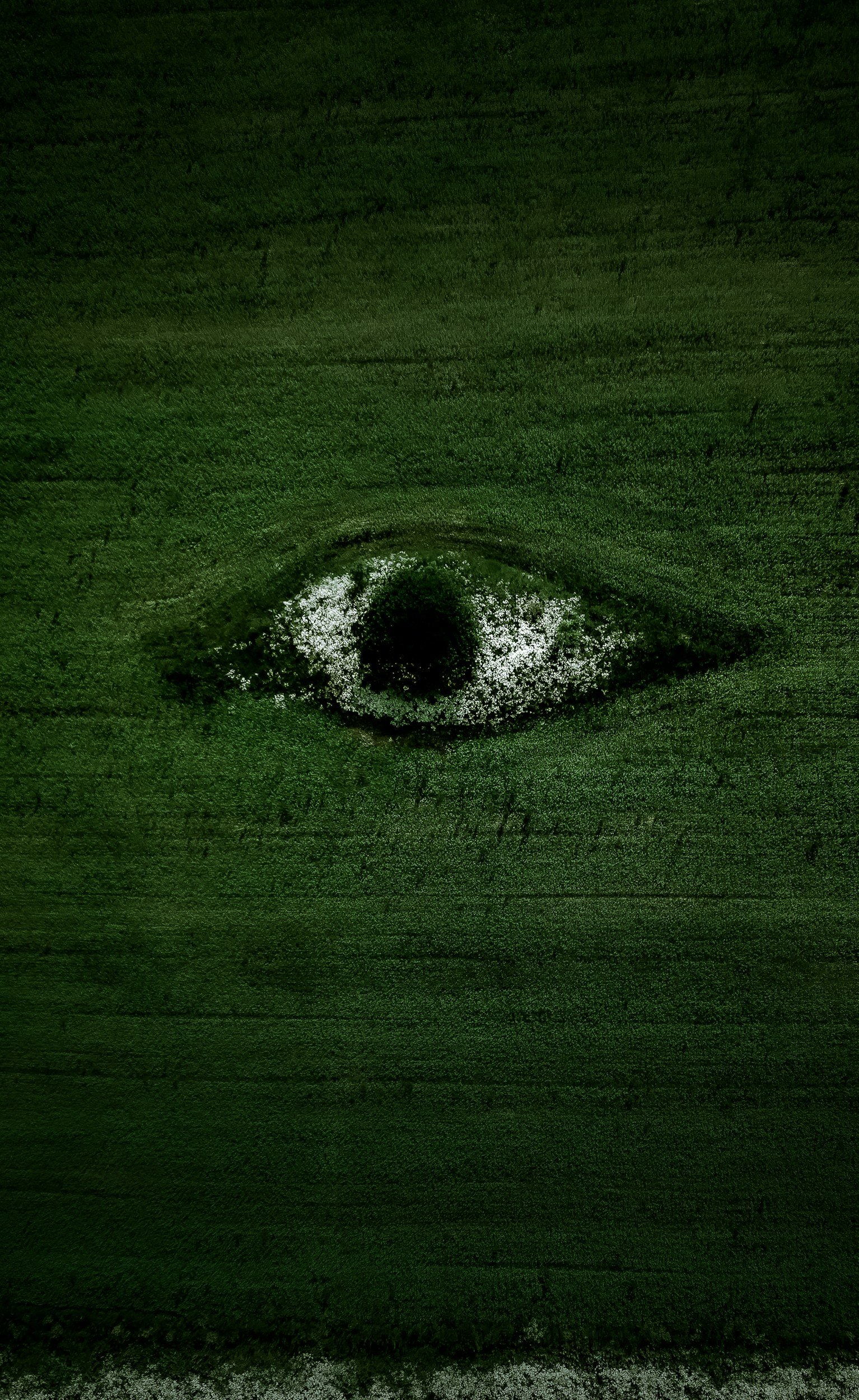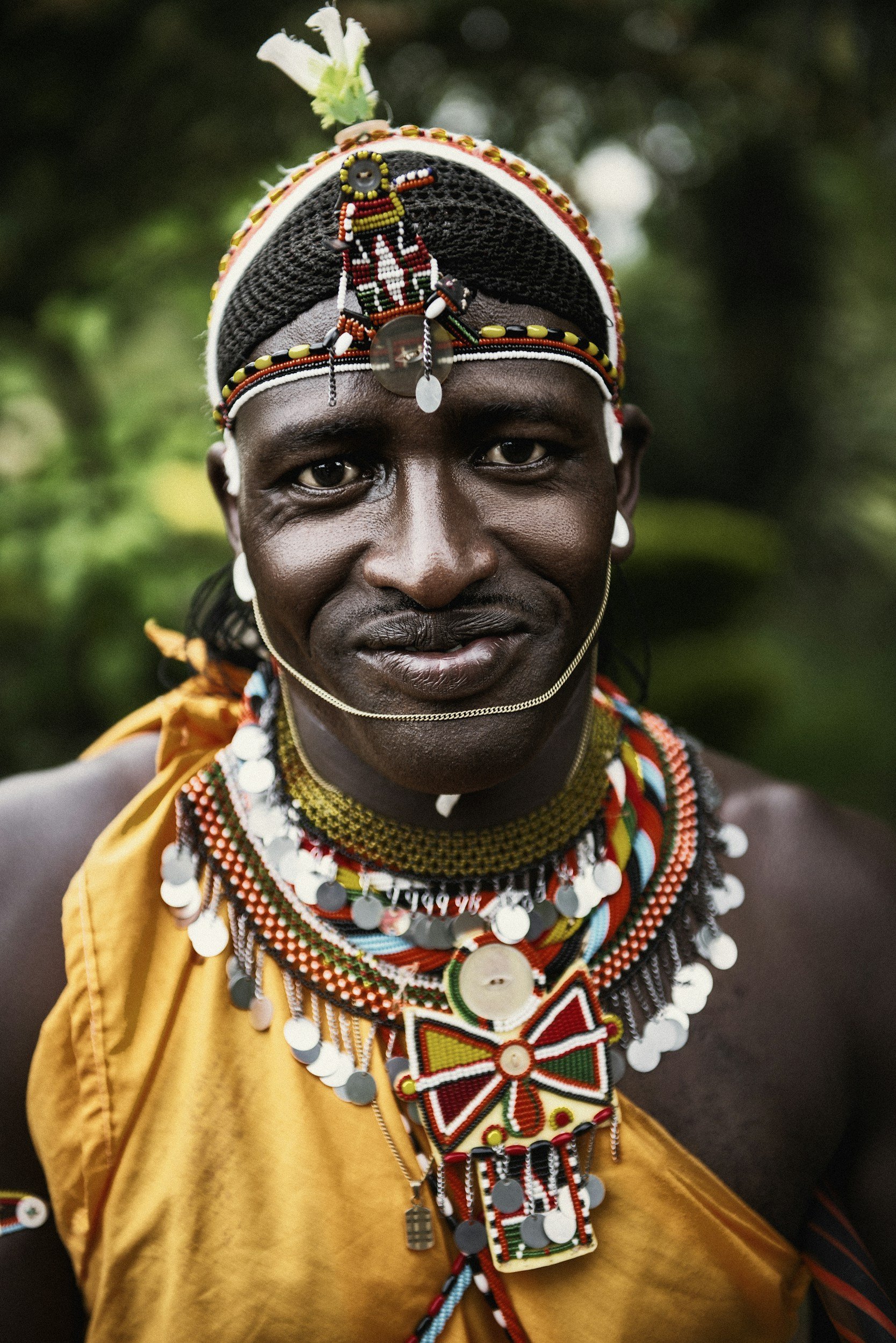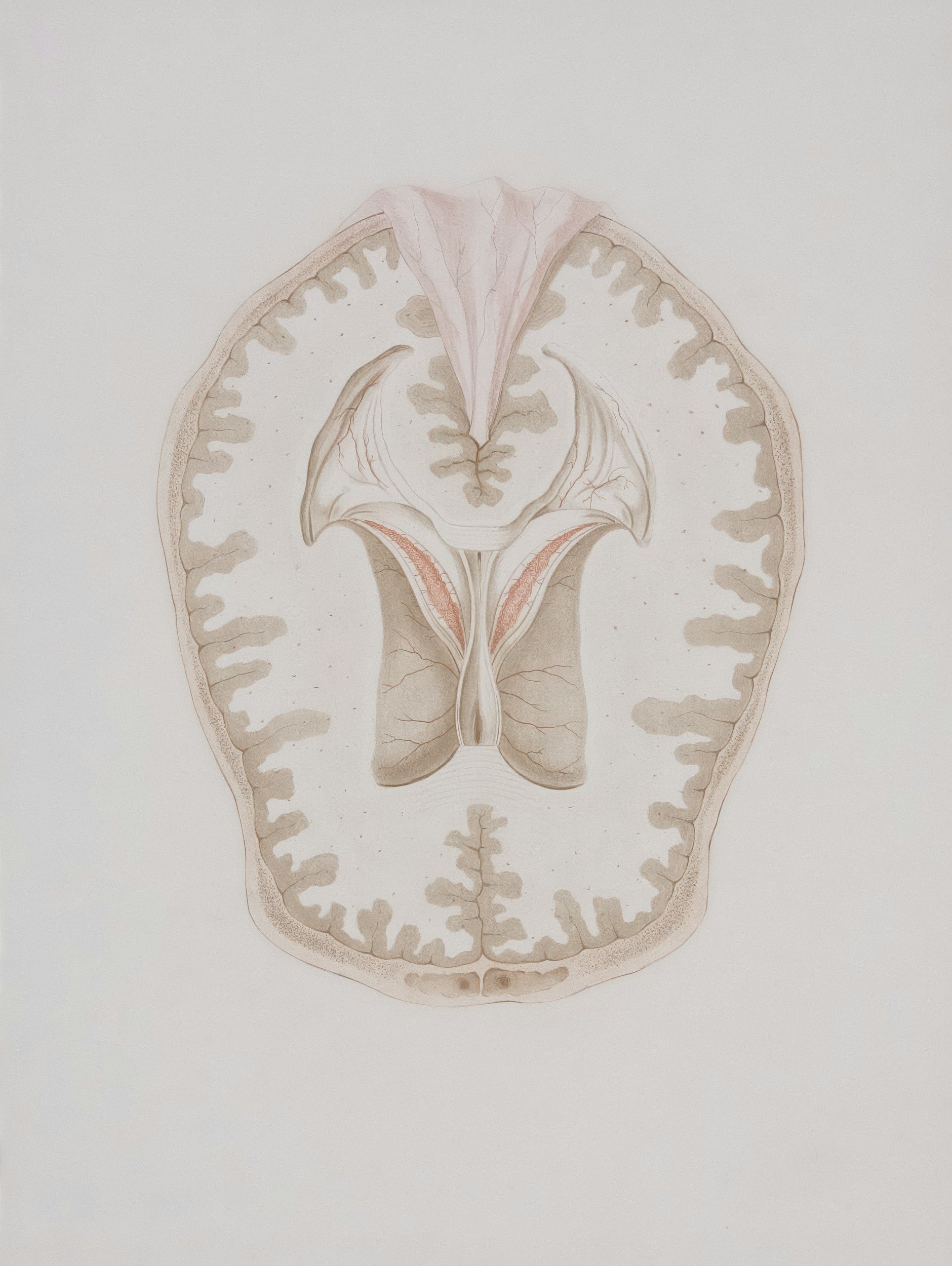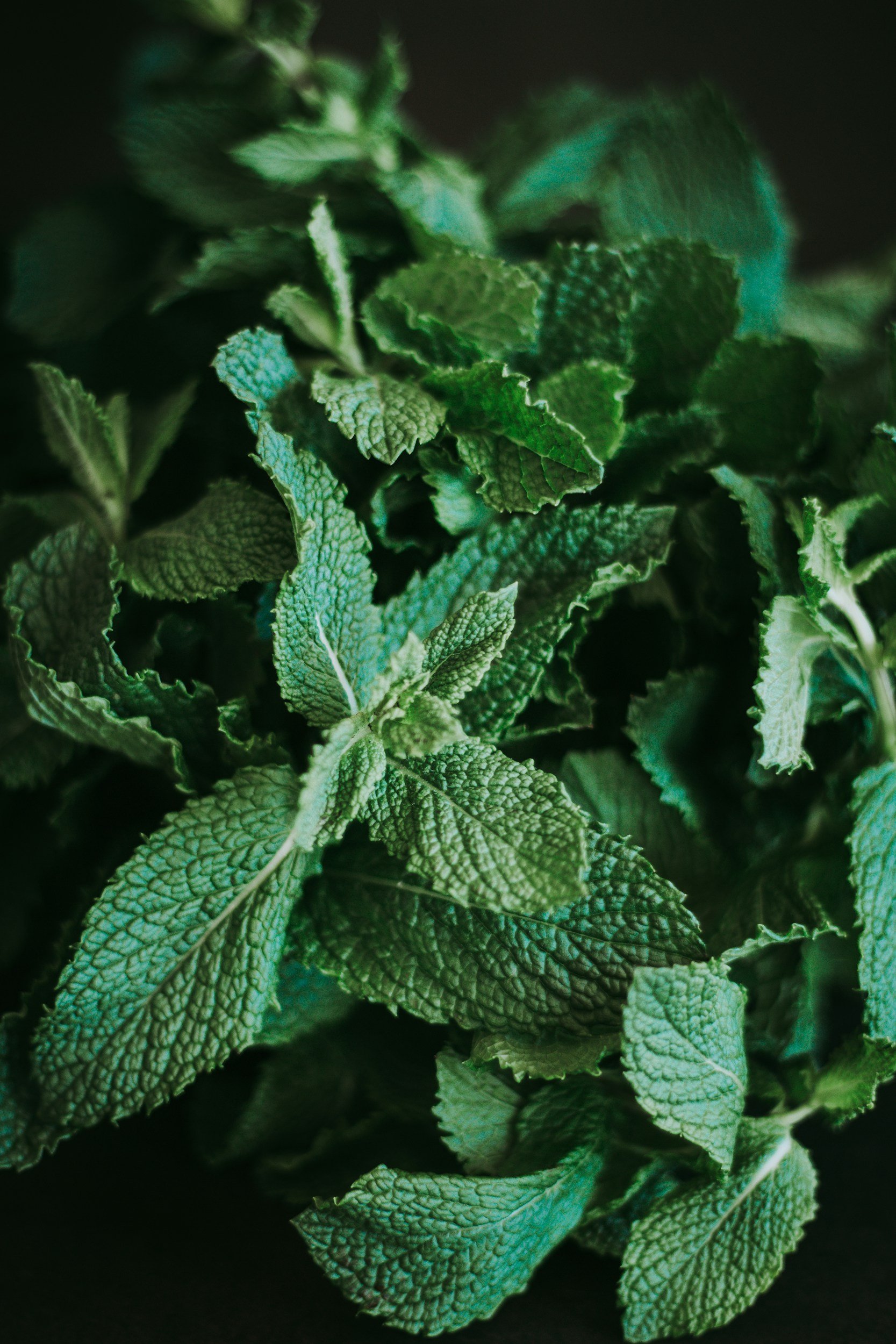Dibïas: All There is to Know About Igbo Masters of Mystical Knowledge!
ONYE OZI by AgoziemArt
A Compilation of Notes on Descriptions of Dibịa
“According to Akwa – Udene na Nnobi (Personal Communication, 9th August, 2024), dibịa is someone who is a saviour to people in time of great difficulty. Beyond the popular roles of the dibịa, he noted that the dibịa could be mere dibịa ọgbanje or dibịa that does some deep spiritual roles. Etymologically, dibịa is a two – letter word: di (master) and abịa (wisdom/knowledge). Hence one could state that any person with the mastery of any specialized knowledge or solution is a dibịa in his own field. It could be in the area of religion, spirituality and esoteric matters, health, science and technological, engineering and other endeavours of human activity. A dibịa is therefore a master of a certain specialized knowledge that positively impacts the human society.” - Augustine Echezona Obiagbaosogu, & Prof. Elizabeth Onyedinma Ezenweke (2024)
“The Dibịa stands out as a cultural ethical ritual logician who welcomes, directs and provides endogenous means of interactive embodiments and cosmology of life forces as a whole. A Dibịa is therefore a master of the land ethos – offering ancestral wisdom, customs and traditions of being and becoming...I think it is important to recognize the massive authority and power that a Dibịa embodies and weighs in the things of the land – calming down (ijiala, ibiala, di-ibiala) – a master who re-authors the land. Entirely, a dibịa for the Igbo is a cosmological engineer - a relational order builder of this world and that world, health and society, descent and blood, kin-people and neighbours, fortune and misfortune, fecundity and expansions..... In other words, a Dibịa is to be seen as the existential ground of culture, knowledge system, of the land and all else. (para. 5)” - Patrick E. Iroegbu, Ph.D (2011)
“Agwu deity is associated with a cultural spin on medicine and divination skills of a dibịa, a folk medicine practitioner. The word agwu is by itself derived from agwa, “manner or behaviour”.” - Patrick E. Iroegbu, Ph.D
“A Dibịa afa, for example, is a diviner who is generally perceived as a skillful clairvoyant. To be a diviner is to be viewed as holding a key to the secrets of lifelines, having knowledge of the underworld, and possessing an ability to see things and transmit that knowledge to others in need. In order to become a clairvoyant, a candidate is usually called upon by the ancestral line’s diety of the art of studying and practicing clairvoyance.” - Patrick E. Iroegbu, Ph.D
"Some diviners attempt, unsuccessfully, to flee their calling, and some cross sexual and territorial boundaries, gaining uncommon identities in order to become technicians of the sacred, hard-earned knowledge. Often, the source of clairvoyance comes from the crossing of boundaries; namely, entering into liminal or borderline states of mind, which is sometimes paid for in suffering or dislocation.” (Karcher 1997:13)
“In Igbo Cosmology, medicine men are the Dibịas, but here Dibịa connotes more than medicine and healing, they were the elites and intellectuals who held and guarded the knowledge base of the Igbo people.” - Dr. Chidi Osuagwu (2013)
“Di-Abia (Mystic Expert in Knowledge and Wisdom).” - Nze Chukwukadibia E. Nwafor
“Agwu is thus Nne-na-Oke/Ada-na-Okpara. As Olaraiche, the consummate Dibịa who is truly of the realm of Be Agwu possesses a unique ether-composed energy body (Akpa Agwu) that functions as a mystic link to his/her home realm’s vibration frequency, and which is utilized for works of high mystical importance, such as Izu-Afia-Mmuo, Ipu-Ije-Mmuo, Igba-n’Izo-Mmuo, Ikwu Ekiri, Ita Atu Agwu, Igba Ota Agwu, Iku Ume Ndu etc. This distinctive energy body type enables him/her to fluidly shift into any chosen mental, emotional, corporeal or spiritual form in a subtle creative process called Oshishi Agwu. Observation then indicates that, the ultimate chemical import of this frequent interdimensional shifts is that the Dibịa’s corporeal form precipitates several million microscopic crystallites and on this fact, Dibịa’s maintain clearly that: anyi bu onwa, anyi anaro etigbu ji nke ji etigbu ede i.e. we are like the Moon, our rays do not harm yam, neither does it harm cocoyam.” - Nze Chukwukadibia E. Nwafor
“Dibịa is also an Ogbanje-Uta-Agwu (Expert Troubleshooter / Archer of Agwu).” - Nze Chukwukadibia E. Nwafor
"Agwu is also a personified spirit-energy-form of Divine Mind, encompassing the mystic Light of Knowledge and Wisdom, both of which are indispensable to the Dibịa’s mystic vocation as a healer, scribe, teacher, artist, mediator, diviner, multidimensional communicator, cosmologist, philosopher, scientist, technologist, community guide, etc." - Nze Chukwukadibia E. Nwafor
“Agwu is mystic messenger of the Supreme Being and so is the Dibịa.” - Nze Chukwukadibia E. Nwafor
“The consummate and natural born Dibịa is a polymath (Nwa Anwu) - a multigenius (Agbara Mmadu). He or She is a true wizard in the original sense of that word, blessed with the possession of a precision-obsessed-spirit and a highly creative mind ever before being born into this plane of consciousness.” - Nze Chukwukadibia E. Nwafor
“The dibịa (diviner-cum-healer) is, properly speaking, the real victim of possession. Possession brings the possessed into a permanent state of domination and influence by agwu. The state is realized through ritual actions of initiation. Full initiation into the agwu cult, during which process the spirit takes possession of an individual, is a necessary condition. In the rite of initiation one attains the required soma-psychic transformation. Beyond the common stages in initiation, especially, there are quite conspicuous rites that depict the passage from the normal through the marginal to the new state in personality expression. Such rites include isa aka, itu ogwu, and igbusi ahu. After these and many other rites of initiation, one becomes a fitting instrument in the hands of agwu. One is then a dibịa. One’s natural faculties begin to make accomplishments that transcend their normal capabilities. In the state of possession the dibịa shares an intimate relationship with agwu, who dominates, impels, propels, guides, teaches and enhances his exercise of divination and healing.” - Jude C.U Aguwa
“Dibịa bu Ikuku amaro ebe isi ya na odu ya di: Dibịa is the air in the universe of which no one can fathom the head or tail. Dibịa bu mmanwu. Onye taa mmanwu obunaa: Dibịa is the ancestral Spirit masquerade whose real identity nobody can fully disclose without getting into very serious trouble.” - Madam Onuegbuna Maduka, via Prof. John Anenechukwu Umeh
“In Igbo, the history of the Igbos, no title is more important to the advancement of science and spirituality. A Dibịa is an individual who's Chi has brought them the calling of healing, learning, and advancing knowledge of the physical and spiritual world - hence the term 'After God There's Dibia'.” - Derick Ofodirinwa
“A healer in Igbo society is a Dibịa, this is a person who by destiny answers the call to serve as the Agwu of their community or as the representation of Agwu for human beings.” - Derick Ofodirinwa
“A Dibịa is a person who has mastery of a form of Ogwu, and any application of human genius towards the service of others is ogwu.” - Derick Ofodirinwa
“To help the uninitiated in the journey of life, we were given the Dibịa. In the simplest definition, a Dibịa is a master of knowledge and wisdom.” - Chukwueloka Umeh
“I had heard countless stories about members of dibịa families who had neglected their responsibility to become initiated. They experienced chronic misfortune and disease that sometimes resulted in complete paralysis if the obligation was ignored for too long. Eventually the unfortunate victim would seek the help of a diviner, who would reveal that Agwu was behind the troubles. An initiationn ceremony would be performed to make peace with Agwu and everything would be set aright.” - John C. Mccall
“The Igbo male dominated society of Dibịas, unable to see the universal power-base of Idemili as the Foundation/Pillar (power-base) of Mmuo (spirit) called her “the Daughter of God” rather than the Mother or God. Yet we are told that it is Idemili who brought down the mystic bag of all widom and knowledge to earth (Akpa Agwu), and that among all classifications of dibias, the highest is the Mother Agwu or Nne Agwu Dibia controlled by Idemili, which is not only in a class of its own, but is also the source and amalgam of all Dibịa power. Idemili is the Goddess Mother/Initiator of consummate Dibias. Consummate Dibias initiated by Idemili are called ‘Dibịa Ele’, implying that Idemili and Ele are two sides of the same coin.” - Catherine Obianuju Acholonu
“There are three categories of dibia in Nri: dibia afa, specialists in the process of prediction; dibịa aja, specialists in preparing the various sacrifices associated with the different alusi and mmuo as prescribed by the dibịa afa; and dibịa ogwu specialists in diagnosis of disease and treatment with herbs, setting fractures, performing minor operation such as circumcision and clitoridectomy. Some claim to have remedies against witchcraft, sorcery, snake and insect bites and a few of them are believed to be capable of preparing charms to make their clients immune to sword, knife and bullet injuries. A few are said to possess the power to make charms for vanishing and transmutation.” - Dr. Angulu Onwuejeogwu
“The role of Dibïa Afa in Ödïnanï is primordial. People complain that majority of them are liars and cheats. Maybe! But one sage told me: Dibïa niine na-ashï ashï, mana ï fü Dibïa nya shïalü gï ashï maka na üfödü ashï na-abü ezi okwu. The Dibïa are liars, but when you come across a Dibïa tell him to lie for you, because some lies are true. The Dibïa is a trained seer, just like a trained Tarot card reader. The Tarot cards have fixed meanings. The position of each card in a spread also has a fixed meaning. The only variable element is the sequence in which the consultant picks the cards from the Tarot pack. Assume we are using only the twenty-two major trumps to interrogate the invisible. I shuffle the twenty-two cards and place them facing down on a table. I then ask you to pick four cards, one at a time, and give them to me without looking at the image on the card. I place the cards on another table in the form of a cross, the cross spread. The second card faces the first across the short arm of the cross, while the third and fourth cards are placed opposite each other at the top and foot, respectively, of the long arm of the cross. A fifth card, which is a summary of the four cards, is placed in the center of the cross. When you went to pick the cards, something moved your hand to blindly pick a card among twenty-two cards. The same something moved your hand when you blindly picked the three other cards. But the something that was blindly moving your hand is simply your Chi or God within your body. Your Chi knows the answers to your queries. It uses the cards that you choose and the sequence in which you choose them to answer the relevant query. The Tarot reader simply reads out what your Chi is showing through the cards. The same is true of the Dibïa Afa. Remember that the Dibïa Afa does not have all the answers. We listen to the Dibïa without surrendering our reason.” - Emmanuel Kaanaenechukwu Anizoba
‘the knowledge of dibịa resides not in formal “laws” but in a continual reading of the shifting and negotiable relations between things.’
The Dibịa as a diviner is considered as an agent able to unveil the mysteries of human life. The Dibịa = Di (Master) + Abia (Divine wisdom).
a Dibịa is tasked with a responsibility to attempt to harmonize, heal, regulate, monitor, develop, align, guide and ultimately ensure the smooth functioning of (their) society. mystical acoustics, anthropocentric botany, geomancy, gestural symbolism, incantatory arts, somatic alchemy, astrotheology, aesthetic and numerological codification, occult astronomy & other forms of mystical disciplines are examples of esoteric disciplines at a Dibịas disposal.
a Dibịa is an adept of wisdom, an individual who’s able and willing to receive wisdom from the universe, most often in the form of intuitive or clairvoyant knowledge and in turn has the ability to tap into uwa agwu (the world of agwu) for the betterment of others.
a Dibịa is a metaphysician, someone who is aware of and committed to a lifetime discovery of various inherent forces and power dynamics in different realities. a Dibịa is a master of wisdom. a Dibịa is an intercessor. a Dibịa is a person with vast knowledge of nature and spirituality. some communities refer to them as wise ones, great ones, the eyes of the gods. they exert divine brilliance, even more so when they become aware of their gift.
Idobe iwu, sota nso, bu Dibịa Ekwueme - Keeping spiritual laws and rules and obeying the Dos and Don’ts of personal taboos is Ekwueme Dibịa.

